Interview with Jorge Cham: Now With a Bonus Comic!
You know what’s better than reading an author? Interviewing an author!
You know what’s better than interviewing an author? Having that same author (who happens to also be a comic book artist) draw part of the interview!
But FIRST! Please be so good as to mean Jorge Cham. You may know his name from a variety of different places. Was it from the SLJ Picture Book Palooza last summer when SLJ covered his adult book, We Have No Idea? Was it because he’s the co-host of the iHeart Radio show, Daniel and Jorge Explain the Universe. Maybe it’s because he’s also the creator of the Emmy-nominated PBS Kids show, Elinor Wonders Why (named after Jorge’s daughter Elinor!) and the popular comic strip, PHD Comics. That’s right. He’s an engineer-turned-cartoonist.
For me, I knew him because I’m a Kirkus star nerd (collect them all!) and I saw that his new book Oliver’s Great Big Universe got itself one of those. So when they asked if I wanted to interview him AND get an original comic out of him as well, you know I said yes. You just know it.
ADVERTISEMENT
ADVERTISEMENT
Betsy Bird: Jorge! So great to get to talk to you! Particularly because you seem to specialize in combining two of my favorite things: science and comics. So if I get this right, you’ve a podcast, you’ve created a PBS show, and you’ve a regular webcomic. All of these, and on top you’ve created a new book for kids as well. So where did OLIVER’S GREAT BIG UNIVERSE come from? What’s its origin story?
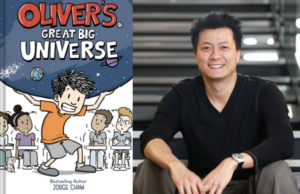
Jorge Cham: Great to talk to you too, Betsy! The origin of the book is that one day, my son who was in fifth grade came home and announced at the dinner table that he wanted to be an astrophysicist when he grew up. When we asked if he knew what that meant, his answer was, “Uh, not really.” That clicked something in my head because I had been trying to figure out how to communicate science to kids in the middle grade age range for a little while. The hard part is to do it in a way that is fun and engaging and appeals to what kids are into at that age. The incident made me think, “What if someone as funny as my son was explaining it to other kids?” What’s great about that is that it gives science a new perspective: it’s explained from the point of view of someone who is not a typical nerdy science-y kid, so he always brings it down to a relatable level.
BB: Just to get a little background information on you yourself, how’d you get into cartoons in the first place? Was it always something you did on the side or is there another story to it?
JC: I’ve been reading comics since I was very young. My parents both worked for the Panama Canal, and my father would sometimes stop at garage sales that American families would have in the Army bases there. Several times, he came home with large boxes of old American comics and comic collections. That’s pretty much how I learned English. It also got me into doodling and I would draw a lot as a kid on my notebooks at school and at home. Growing up in Panama, the idea of being a cartoonist for a living didn’t even occur to me. I like Engineering so I pursued that, and it wasn’t until grad school that I started to draw a regular comic strip that was published in the Stanford student newspaper. From there, it went online and the rest is history!
BB: You’ve a PhD in robotics from Stanford University and taught at Caltech but your creative jobs require that you make science comprehensible. Doing that for adults is one thing, and doing it for kids is another set of muscles entirely. So how do you gauge what one age range or another is able to understand? What’s your process for breaking down facts for us laymen?
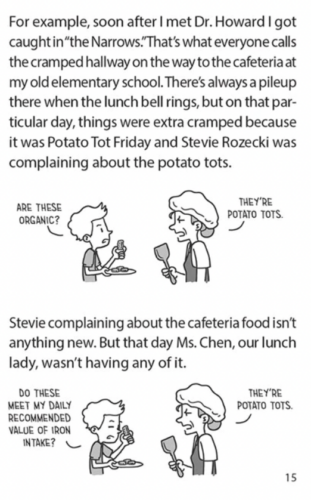
JC: Great question! At this point, I’ve spanned the range of pre-schoolers to adults in my work explaining science. I think for me, it’s all the same muscle. It’s about putting yourself in the mindset of the audience and figuring out what they’d be curious about and what they’d find fun and engaging. I think it helps that I’ve been writing fiction characters for over 20 years, so my brain is sort of primed to observe and absorb people and to have an intuition for what it would be like to be them. At PBS Kids we work with educational consultants, which is super valuable, and then also it helps to have kids yourself which helps you know at what grade kids (and later teens and adults) learn certain concepts.
BB: In terms of your own kids, have they been a help to you on your books at all? Do they get any input on the process?
JC: Absolutely! Especially with my son, who inspired the character of OLIVER, I run everything by him. And my daughter is in the target age range for the book, so she reads everything as well. Our dinner table sometimes became a writers’ room, with me pitching ideas to them and they jumping in with jokes or suggestions (or rejections!). It’s been a really fun process.
ADVERTISEMENT
ADVERTISEMENT
BB: We’ll get a sense of that with the comic at the end of this post. But first, let’s go back to OLIVER’S GREAT BIG UNIVERSE again. How did you decide on what to include? And was there anything you wanted to put in there that you just couldn’t work in or had to take out?
JC: Each book in the series has a different topic. The first book is about basic space science (cosmology, astrophysics, planetary science), and the second book is about Earth science (volcanos, earthquakes, geology, etc.). I break it down into chapters, with each chapter tackling a different sub-topic. I start by making a list of the general 8-10 most important sub-topics, and that pretty much gives me my chapter list. I do some referencing to school standards as well. After that, within each chapter, I do a lot of reading and talking to experts and I make a list of the three or four most important points kids should know about, and that pretty much gives me the story beats for the chapter. Of course, the hard part is weaving it all into a fun and engaging story, but that’s also the most fun part.
The books already cover a surprising amount of science material, so I don’t typically feel like I left anything crucial out.
BB: Nice. So any chance that we’ll be seeing more of OLIVER in the future?
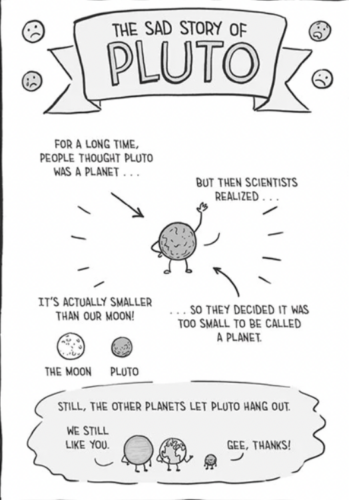
JC: Yes! As I mentioned, it’s a series. I just finished writing the second book, which I’m very excited about. I believe that one will come out next year.
BB: I’m already exhausted just reading everything you do, but what else do you have coming out in the future?
JC: Besides the second Oliver book, I also just finished co-writing a book about the brain called “Out of Your Mind” (Pantheon Books). It’s slated for early 2025 publication. It tackles the biggest questions we have about ourselves, like “Why do we love?” “Why do we hate?” “Will AI replace us?” My co-author is a psychologist and neuroscientist. It’s been a fantastic experience, and I can’t wait for people to read it!
That’s good stuff. Even better?
BEHOLD!!
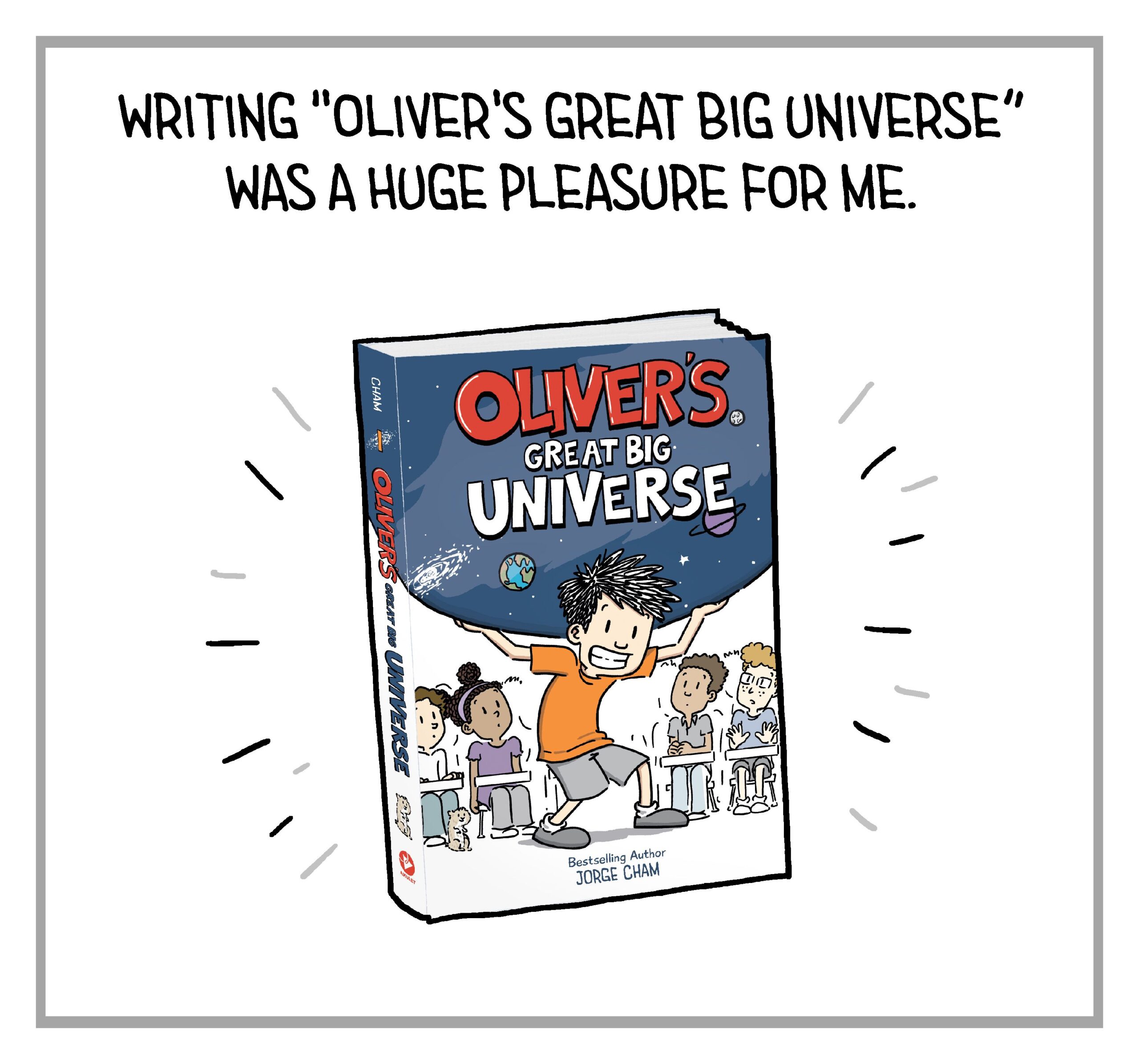
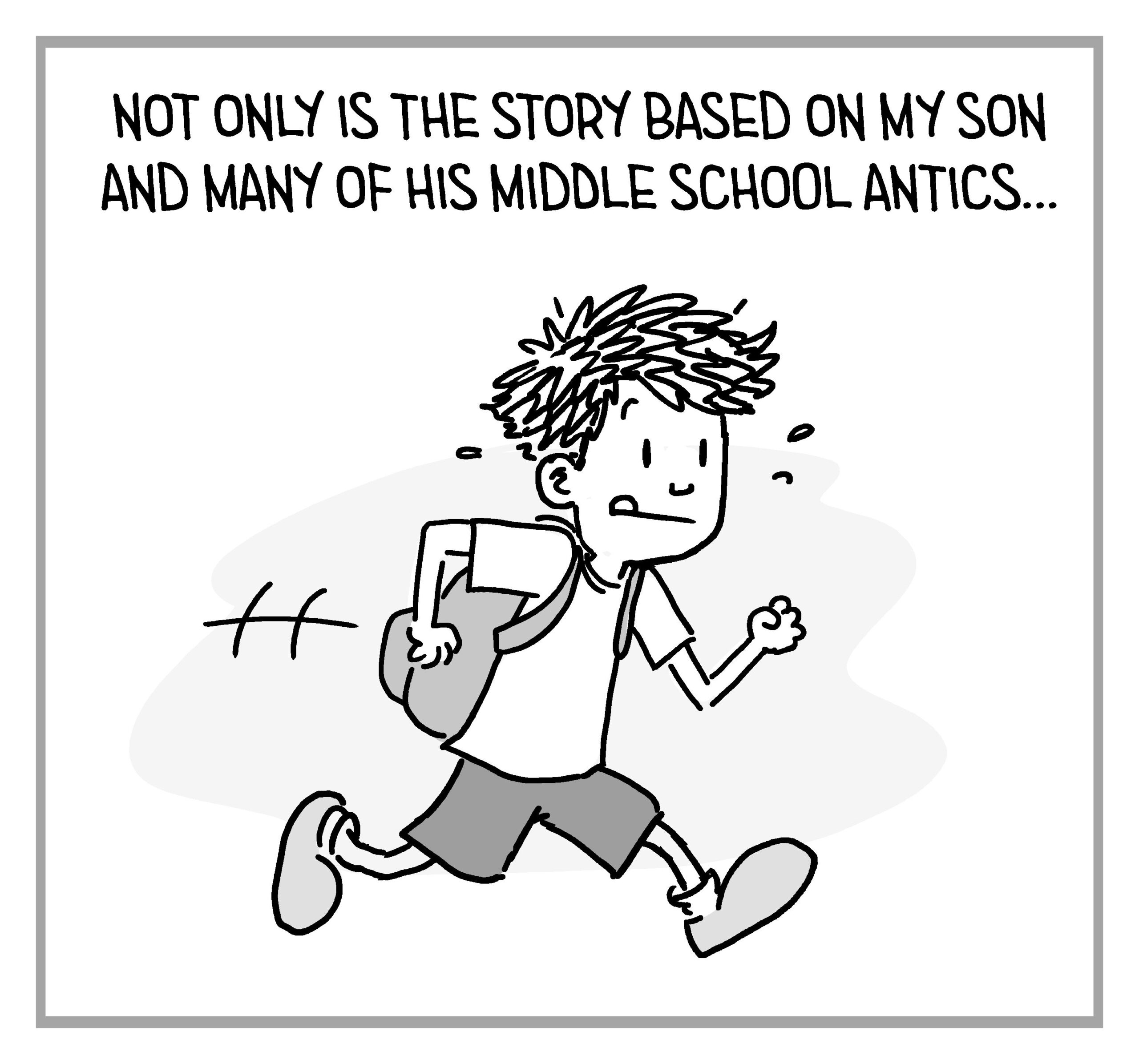
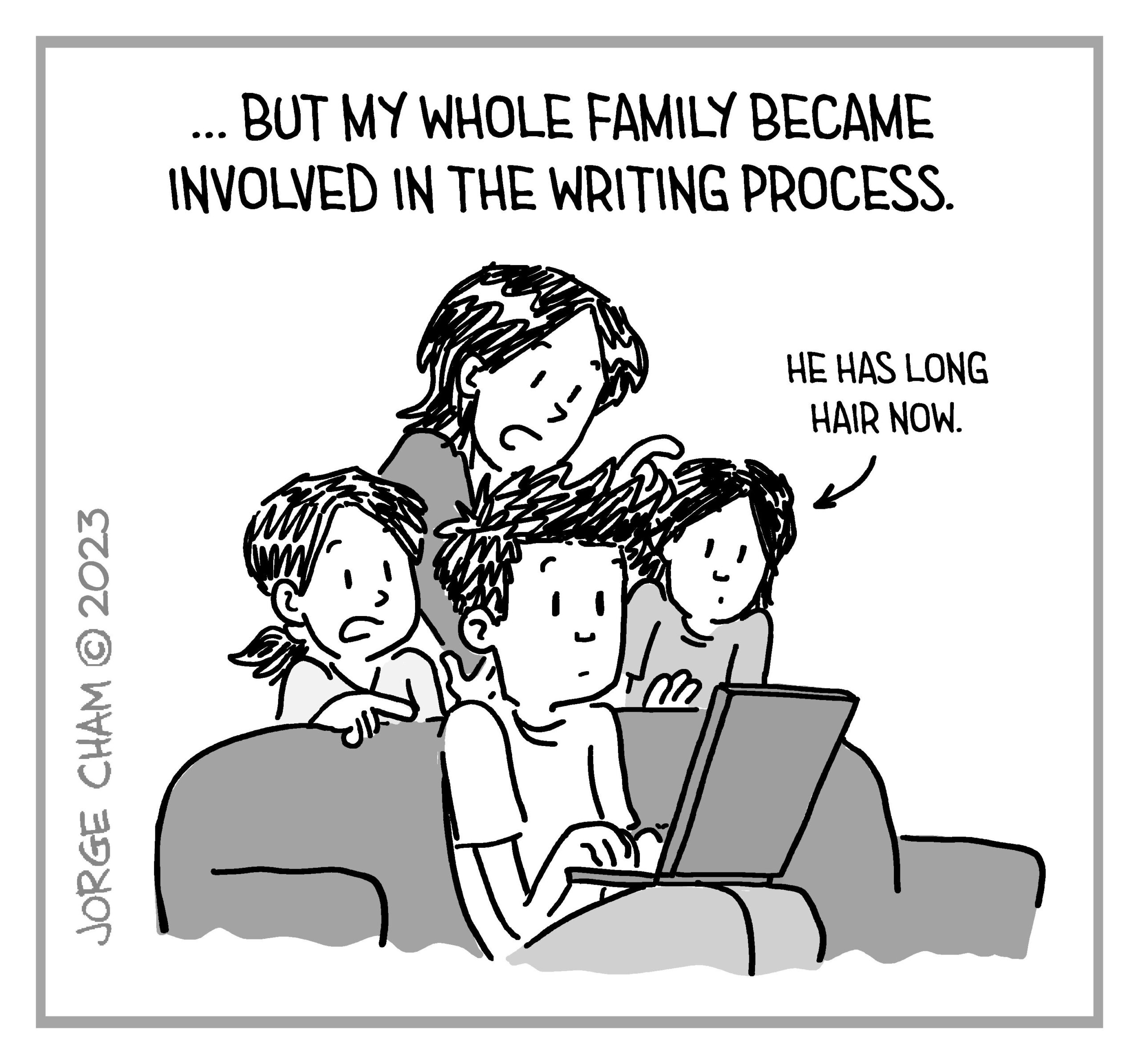
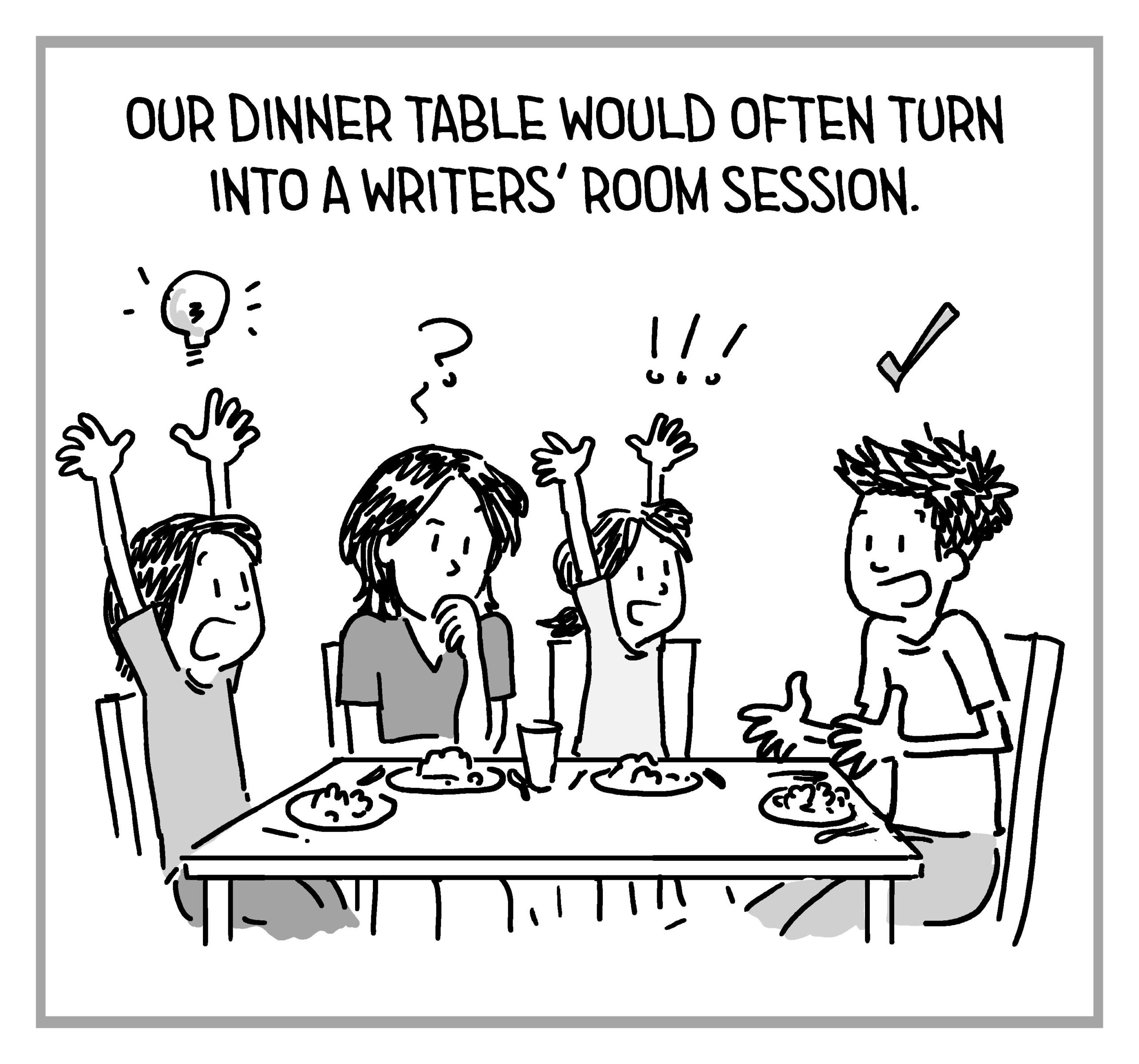
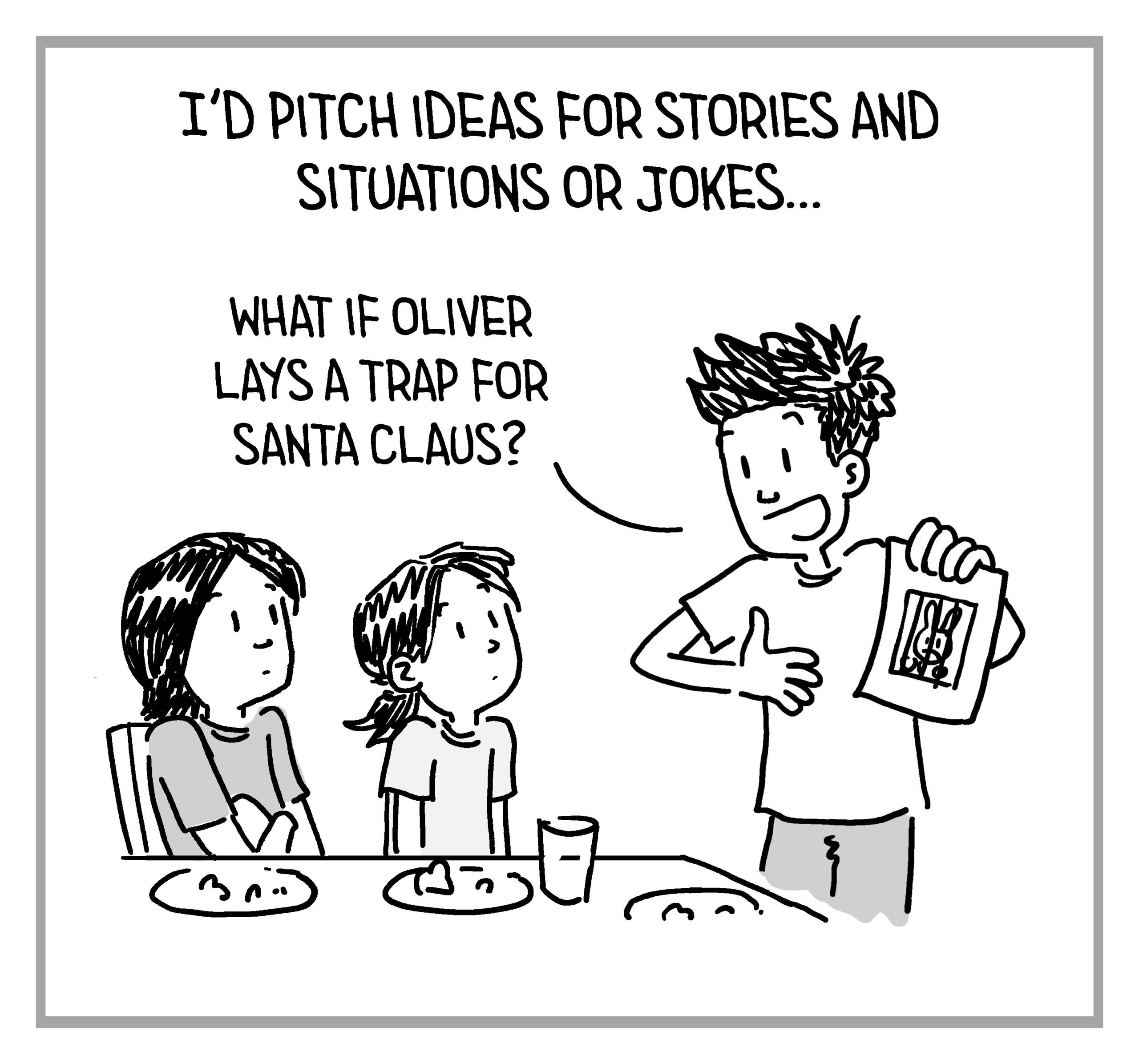
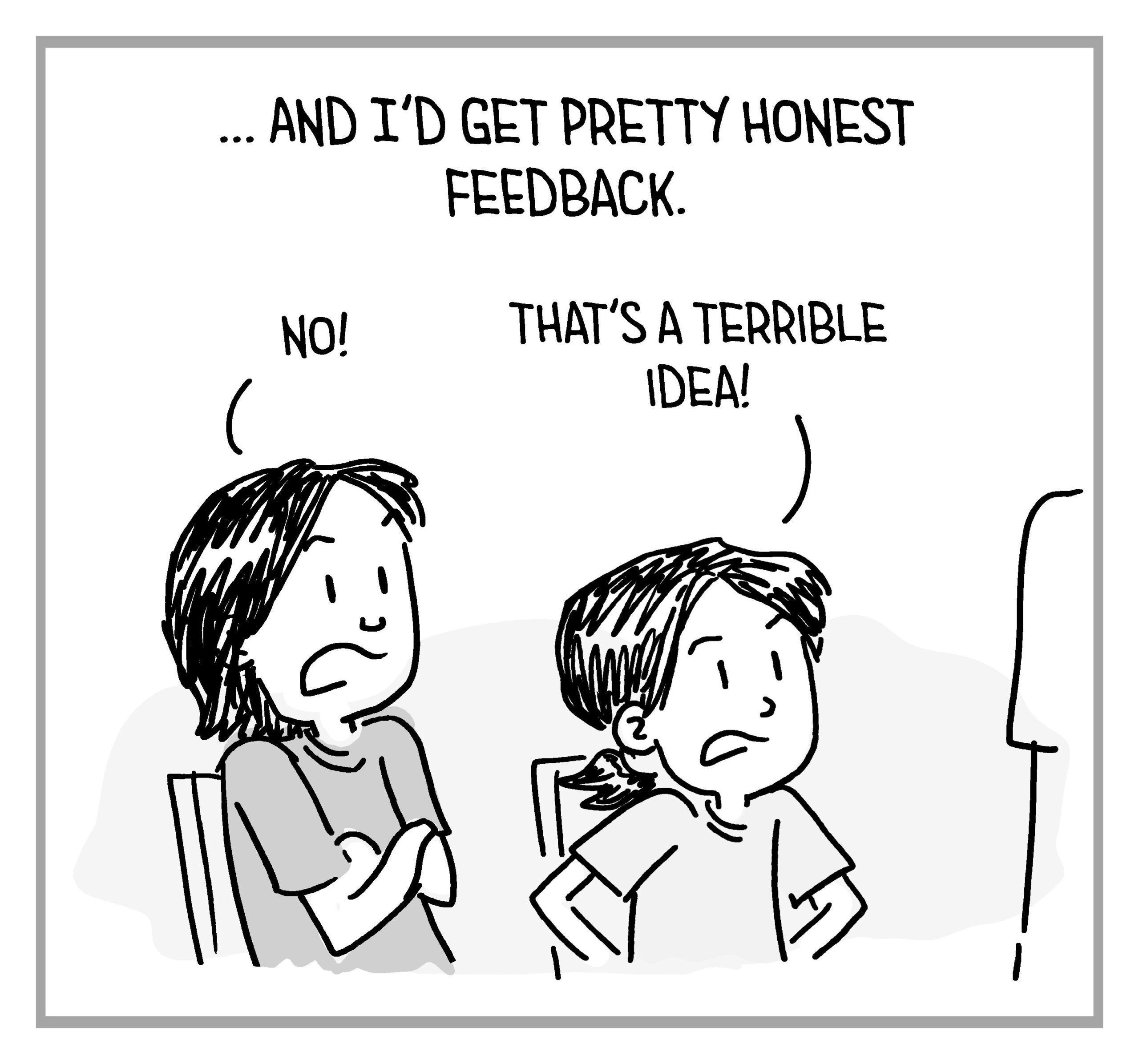
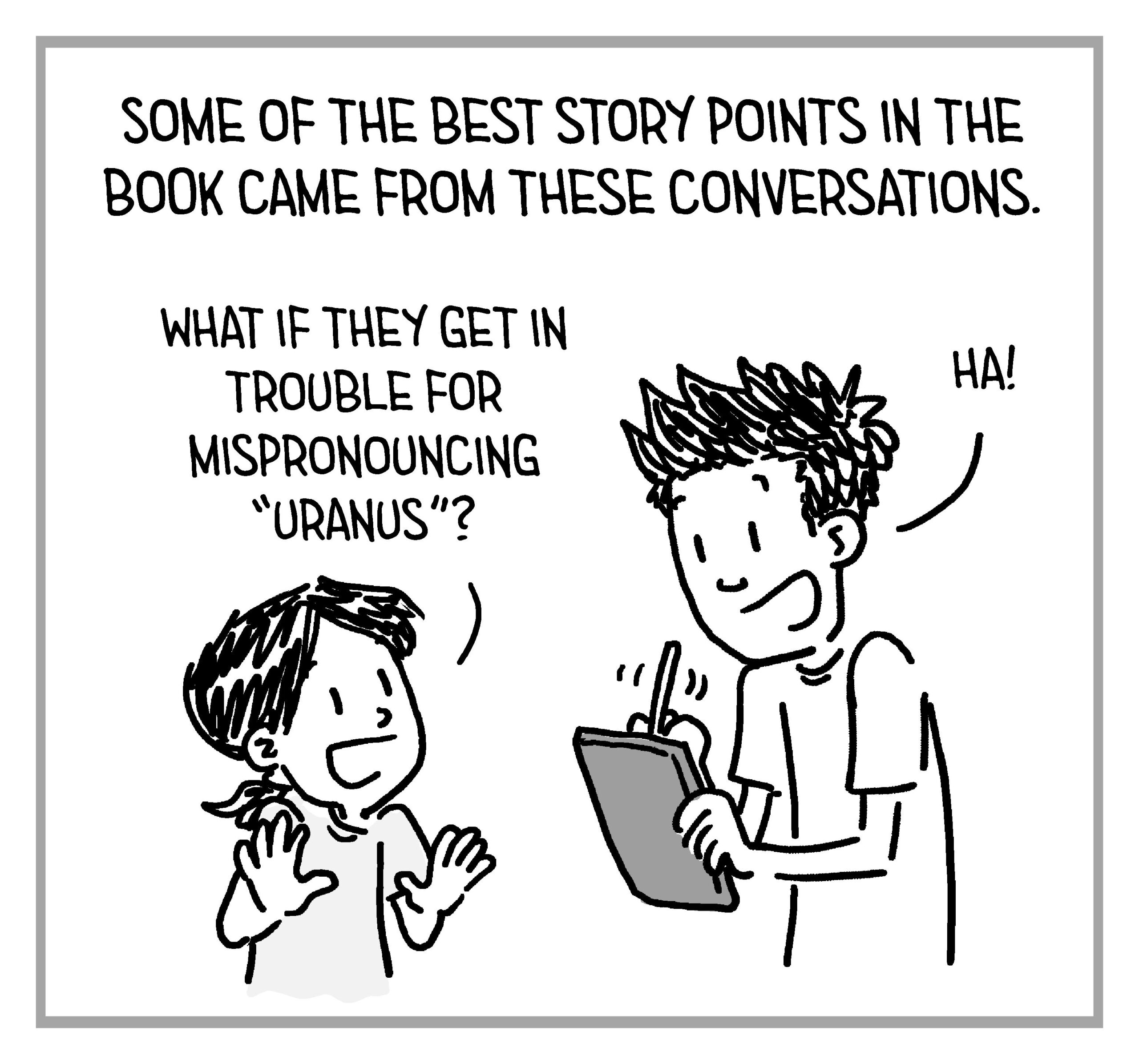
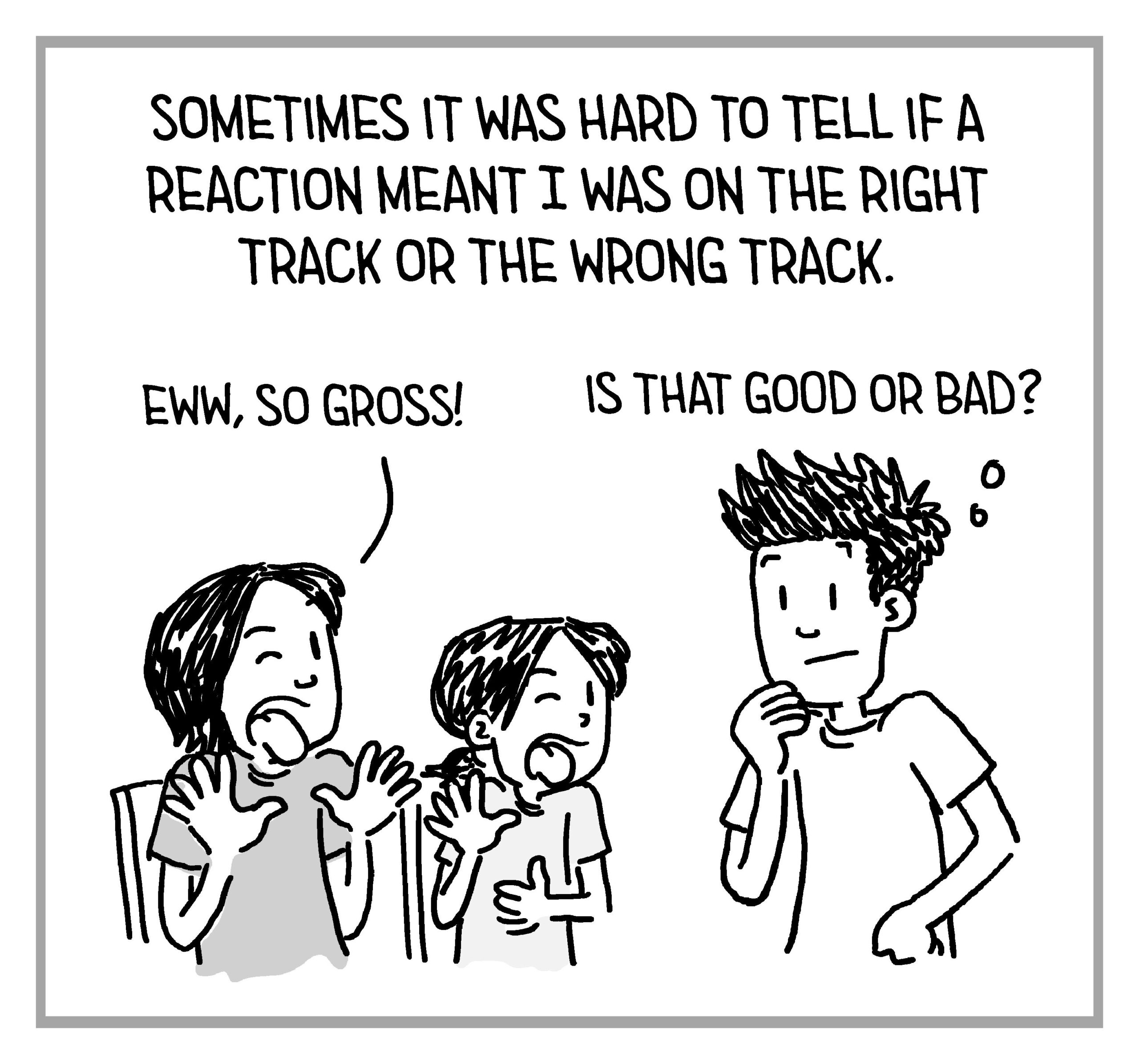
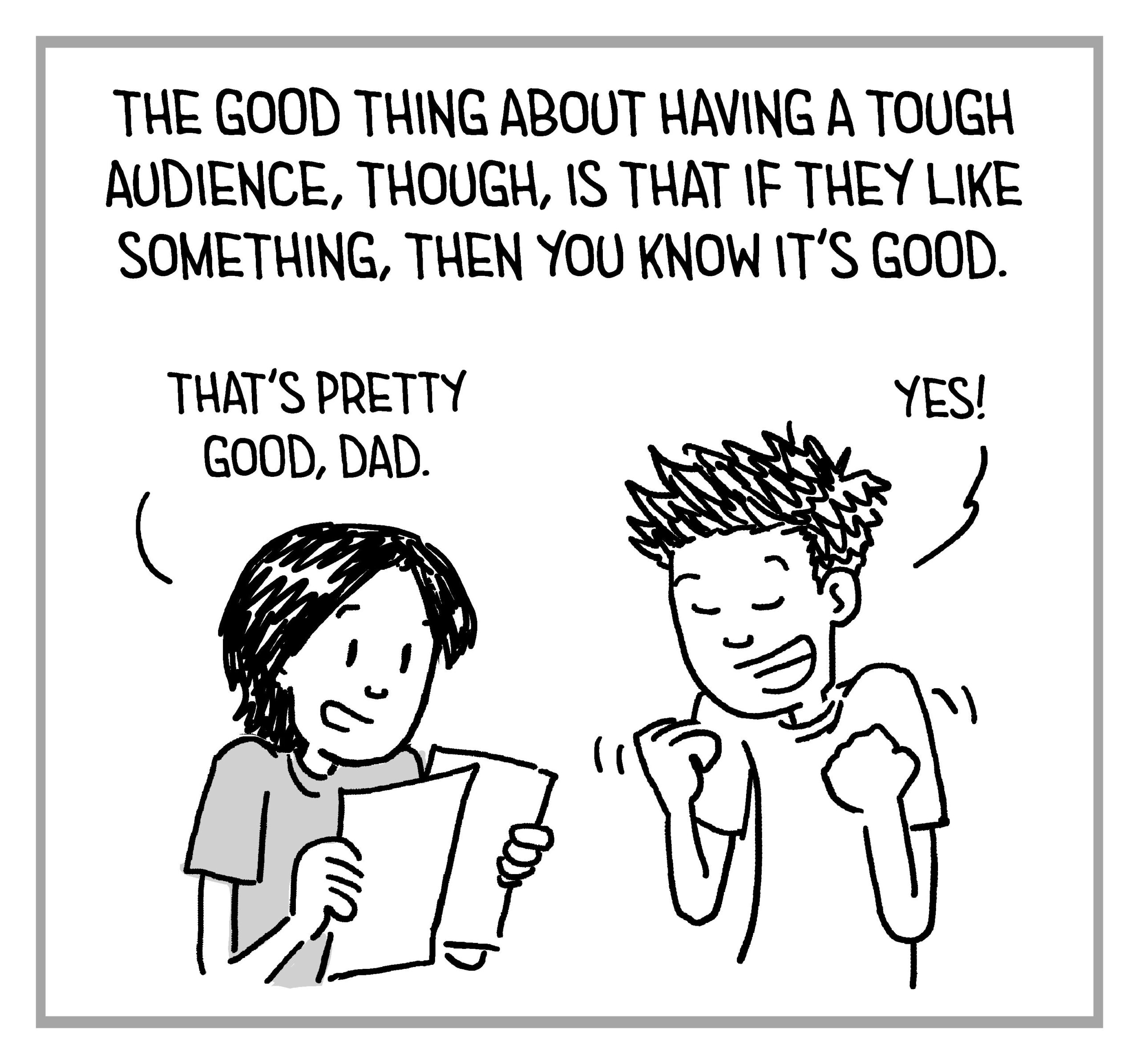
Big thanks to Jorge for taking the time to answer my questions today. Thanks also to Lauren Moye and the folks at Abrams for helping to put this together. Oliver’s Great Big Universe came out just this week, so feel free to scout about and read it today!
Filed under: Interviews
About Betsy Bird
Betsy Bird is currently the Collection Development Manager of the Evanston Public Library system and a former Materials Specialist for New York Public Library. She has served on Newbery, written for Horn Book, and has done other lovely little things that she'd love to tell you about but that she's sure you'd find more interesting to hear of in person. Her opinions are her own and do not reflect those of EPL, SLJ, or any of the other acronyms you might be able to name. Follow her on Twitter: @fuseeight.
ADVERTISEMENT
ADVERTISEMENT
SLJ Blog Network
Endangered Series #30: Nancy Drew
Preview: Archie Jumbo Comics Digest #350
Navigating the High School and Academic Library Policy Landscape Around Dual Enrollment Students
Take Five: New Middle Grade Books in May
ADVERTISEMENT



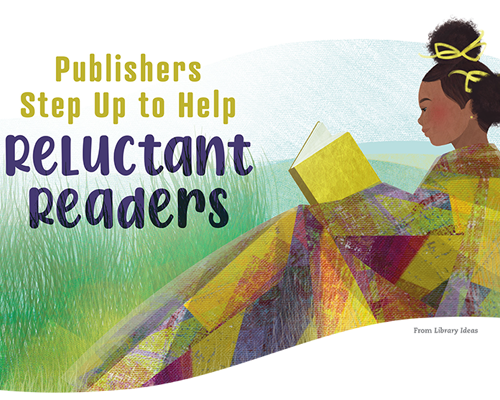
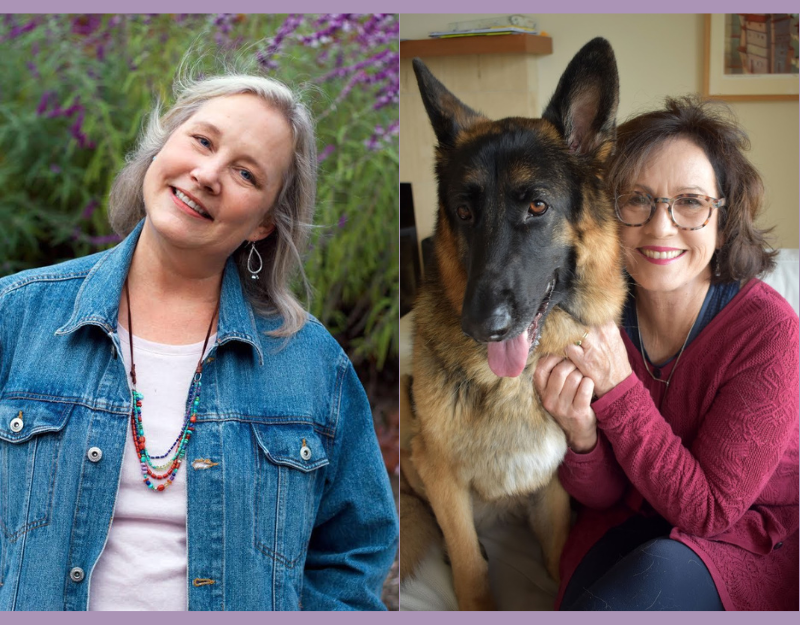
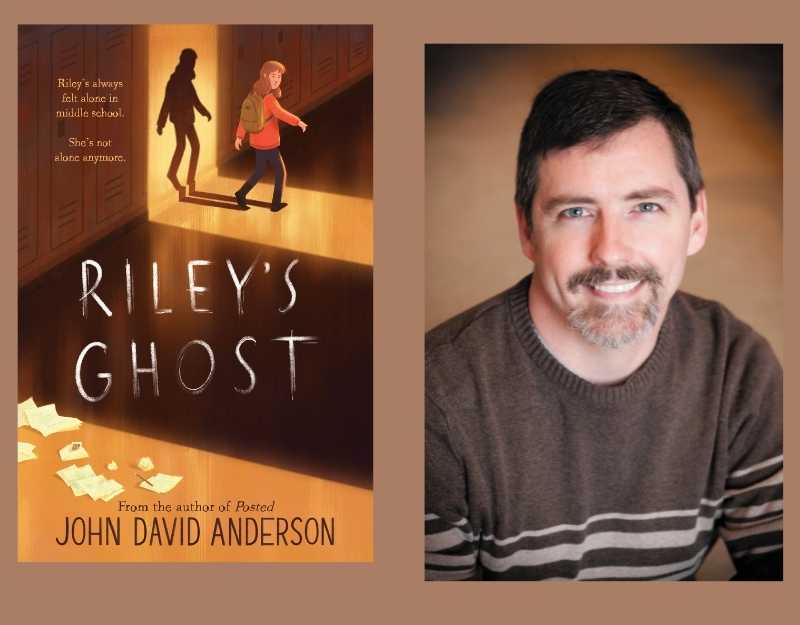
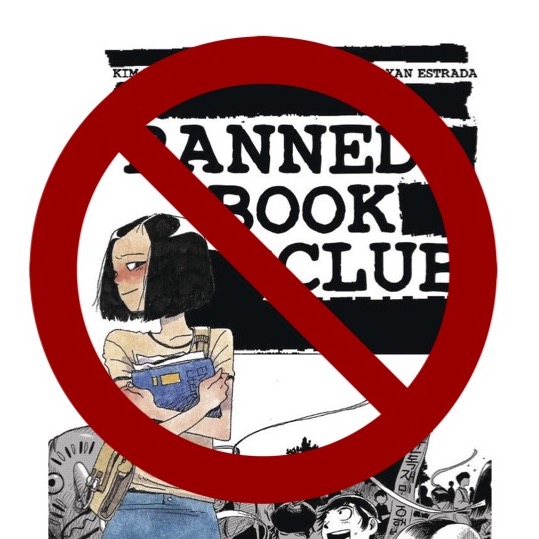
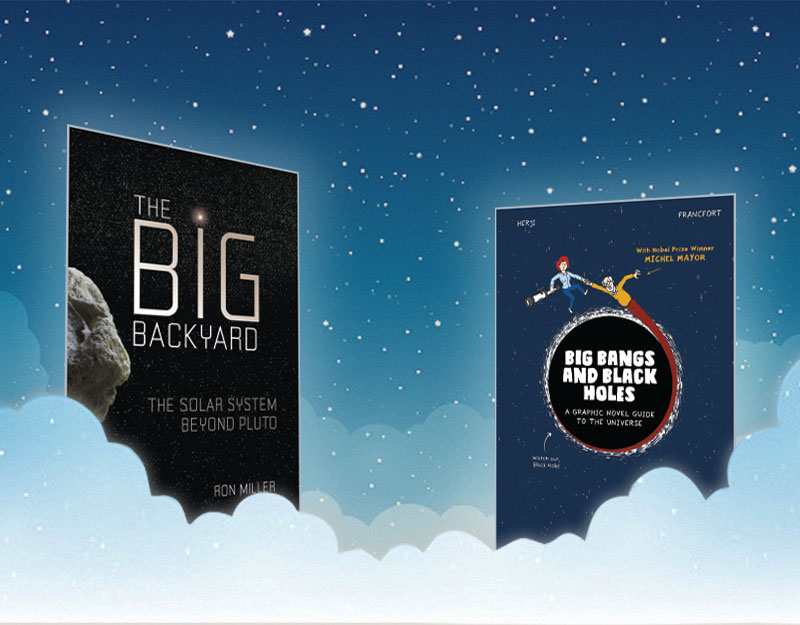
Gosh, OLIVER’S GREAT BIG UNIVERSE looks like a very special book. Thanks for sharing so many interesting illustrations. I have a friend who has a son in fifth grade. The stories I hear about him sound so much like Oliver. I will definitely share this book with him. I’m also very interested in OUT OF YOUR MIND and will make a notation in the December page of my 2024 planner to be on the lookout for it in early 2025!